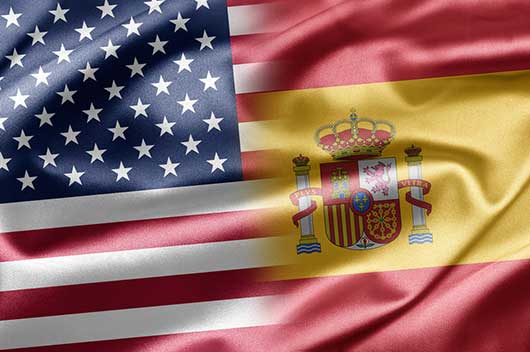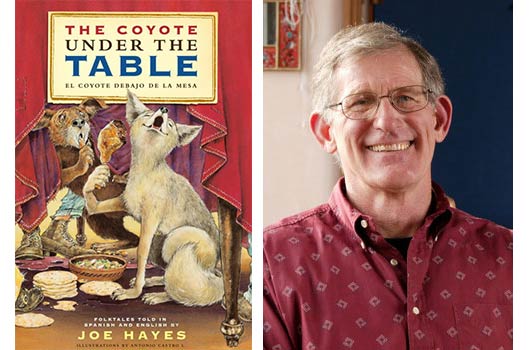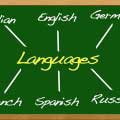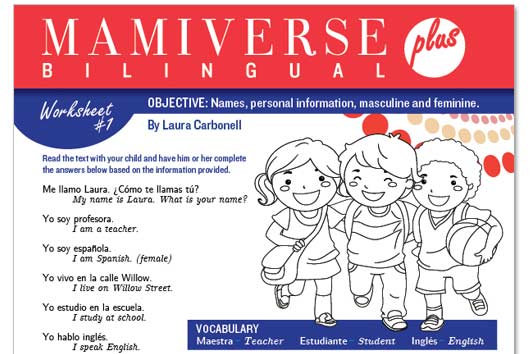
Heraclitus of Ephesus, the Greek man of wisdom who lived five hundred years before Christ, said, observing nature, “everything is in a state of flux,” meaning that everything is forever changing and that no human ever steps in the same river twice because the water is ever flowing. The nature of the universe is change, movement and development, and nothing is static.
Language cannot escape the dictum of the Greek philosopher in its natural change and evolution. However, the laws of linguistic change are often stymied by outside forces and circumstances that impede the inherent development of language.
When two tongues live together and share the same territory inhabited by the same people, a new phenomenon of change occurs in phonology, grammar and vocabulary. This factor is unavoidable and difficult to deal with or even halt. The use of two languages in daily social intercourse poses challenges that one-language societies do not have or even understand.
Since 1898, Puerto Rico has been battling to preserve the purity of the Spanish language, and its people must be given full credit for having withstood the fierce attacks of English to colonize the Island. Puerto Rico is an example of being more puritanical in its Spanish language habits than other Spanish-speaking countries, including Spain, the most lax in the purity of language matters. In Spain almost everything goes. Not so in Puerto Rico.
Read Related: Puerto Rican Pride & Prejudice
In Quebec, Canada, Saturday and Sunday are known as le fin de semain whereas in France those two days are called le weekend. Quebecers are much more careful with their native language than the French themselves because they have the menace of English. The French are lax with their language whereas the Quebecoi are careful and strict in the use of la langue de Molière.
The influence of English in the Spanish employed by bilingual Americans is a natural development of linguistic influence. Many linguistically uneducated immigrants say troca for truck, camión, or marqueta for market, mercado, or even liquear, leak, instead of gotear. But as their children go to school and learn real English and Spanish they will become purists in both languages. We all know that after all is said and done, young people are more traditional and puristic than older generations. Once they discover in the classroom that llamar p’atrás is not an acceptable translation of to call back, but devolver la llamada, they will shun it like the plague. New bilingual generations of Americans will discover through education that the English and Spanish spoken at home are not the real educated languages, and that rufo, roof, is in fact techo.
The United States has a unique and great opportunity of becoming a truly bilingual nation where Spanglish will be relegated to the lower educated classes, the language of older folks who had no educational opportunities. New, young generations perceive that two is better than one in language matters and that true education begins with a good and deep knowledge of the four traditional skills: speaking, understanding, reading and writing.
In my opinion there will be a backlash of puritanical offensive against Spanglish by newer generations of educated bilingual Americans. A bilingual English and Spanish United States could again rule the world!












